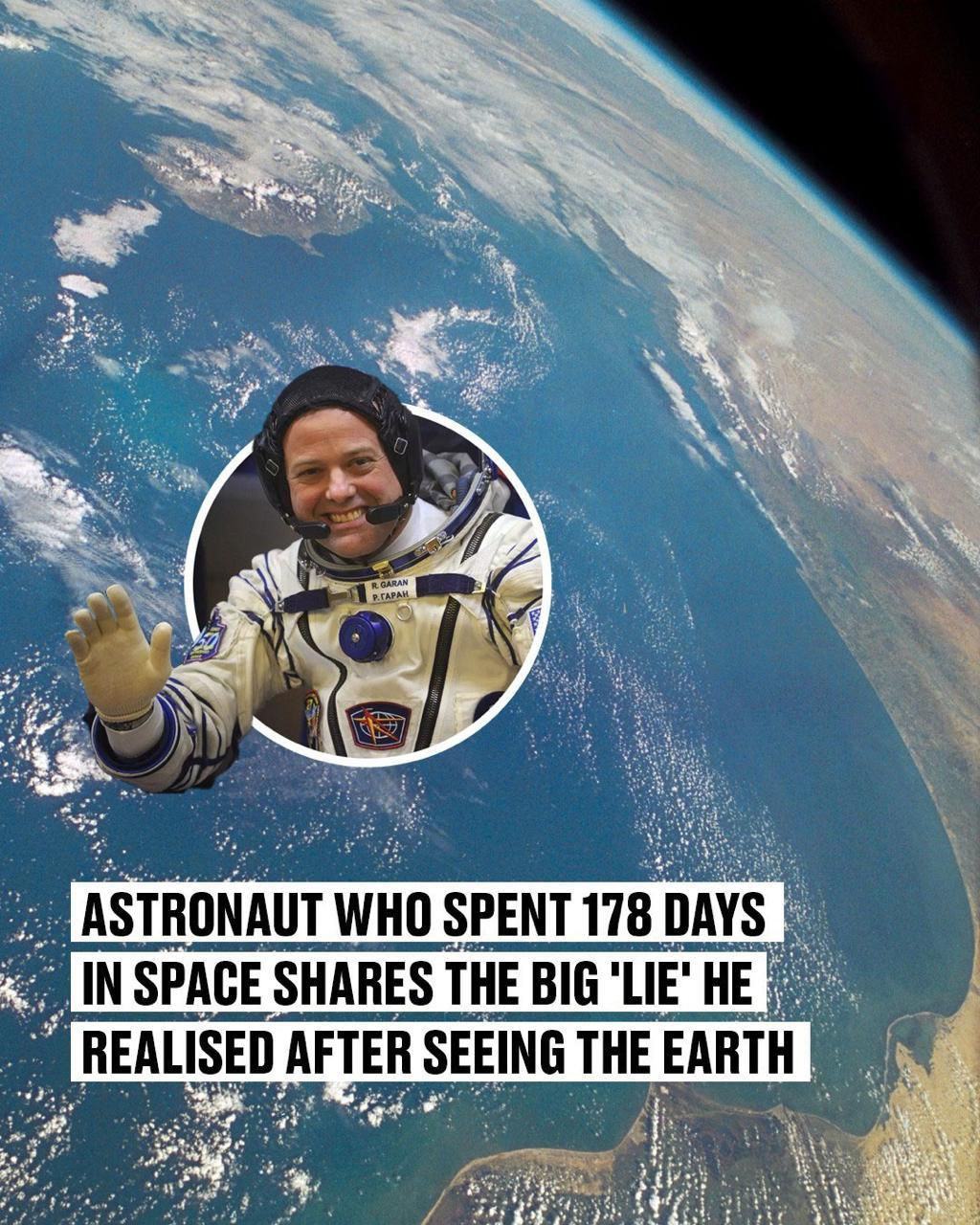In the relative stillness of space—between maintenance tasks, scientific experiments, and the rhythm of orbital life—Garan began to reflect deeply. On Earth, gravity is invisible but ever-present. In space, its absence changes everything: from how you drink water to how your heart beats. That contrast made Earth’s gifts stand out in sharp relief. The simple luxury of a breeze, the warmth of sunlight filtered through atmosphere, the silence of forests—none of it is guaranteed.
That awareness birthed a sense of stewardship. If a stray micrometeorite could pierce the ISS in a flash, what might unchecked deforestation or carbon pollution do over years? Garan began to view environmental degradation not as a distant issue for future generations, but as a clear and present danger to the biosphere on which all life depends. Climate change, he realized, was no longer abstract—it was orbital data with planetary consequences.
When he returned to Earth, Garan felt as though he had been handed a message—and he couldn’t ignore it. He became a messenger not just for science, but for planetary unity.
In classrooms and conference halls, boardrooms and UN panels, he began telling stories that no one else could. He described the sensation of watching the Sahara dissolve into the Atlantic, like the planet itself was breathing. He spoke of laughter echoing through the station’s modules, reminding him that the success of the mission depended on collaboration, not competition. He painted pictures with words—of an Earth that is not divided into “us” and “them,” but a shared home, spinning silently through an inhospitable void.
That message soon became action. Garan partnered with environmental NGOs, educational coalitions, and policy think tanks to bring the orbital perspective down to Earth. He founded and supported STEM programs that challenge students to not only learn about sustainability but live it: building miniature life-support systems in greenhouses, monitoring local air quality, and calculating the carbon footprint of their school or family.
To Garan, this wasn’t just outreach—it was mission-critical. “We are all crew members on the same ship,” he often says. “And there’s no passenger seat on Spaceship Earth.”
He became an advisor on environmental legislation, offering a rare bridge between data and empathy. While satellite images can show melting glaciers or wildfire spread, Garan’s voice gave those numbers a heartbeat. His testimony—grounded in experience, not just research—helped reframe climate action not as charity or activism, but as global risk management.
In speeches delivered to heads of state, schoolchildren, and CEOs, he challenged listeners to reimagine their daily lives through the lens of orbital living. What would happen if we saw our commute, our food choices, our use of resources as part of a closed system? In space, every ounce of oxygen, every drop of water, every tool, every decision—everything—has consequences. On Earth, it’s no different; we’ve just been lulled into forgetting.
Ron Garan’s story is not one of despair—it is a reminder of hope tethered to responsibility. As climate negotiations falter, forests burn, and ice sheets fracture, his message grows only more urgent: there is no “away” on this planet. There is no escape pod. Every act of preservation, every tree planted, every solar panel installed, every community strengthened against rising seas—is a step toward survival.
Today, his message echoes far beyond NASA halls or space symposiums. Through books, documentaries, and grassroots efforts, Garan continues to share what he saw with those of us who will never leave the ground.
For those willing to listen, his words are a compass pointing toward a future where global citizenship is not defined by nationality, but by shared responsibility. Earth, he reminds us, is a solitary blue oasis in a sea of black. It is beautiful. It is finite. And it is ours—only for as long as we protect it.

